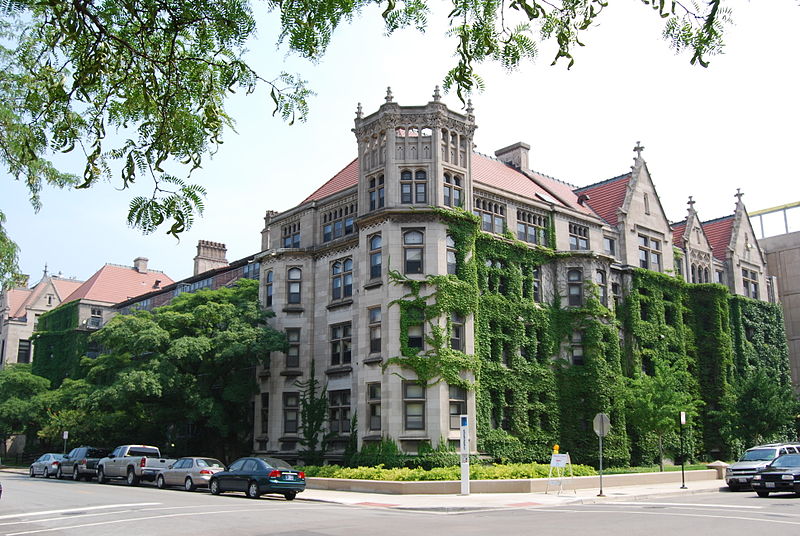Highest paying engineering jobs in Australia are intriguing for residents and student at home and abroad. What is the highest paying job? What is the highest paying job in the world? What professions have two options like engineer? In today’s economy, engineering jobs are essential because they foster innovation and technical improvement, which in turn boost worldwide competitiveness. Engineers are crucial in tackling urgent issues including infrastructure resilience, renewable energy, and human health and safety because of their capacity to design and optimize systems. Engineers’ technical know-how and problem-solving abilities are highly valued as sectors continue to change, indicating job stability and prospects for economic expansion. Whether you’re thinking about a career change or choosing what to study, join us as we delve into the highest-paying engineering careers and see if your dream job is among them.
Top 10 Highest Paying Engineering Jobs
Top 1. Computer Engineer

- Average Salary: AUD 100,500 per year
- Requirements: A bachelor’s degree in computer science, software engineering, or a related field. Mastering programming languages such as Java, Python, and C++.
- Specialty: Hardware Engineering, Software Engineering, Software Programming, Robotics, Networking.
- Fields of Employment: Science, Technology, Engineering, Industry, Computer, Exploration.
Computer engineering is a branch of electrical engineering that integrates several fields of electrical engineering, electronics engineering and Computer Science required to develop computer hardware and software. It is one of highest paying jobs and good paying jobs. Computer engineering usually deals with areas including writing software and firmware for embedded microcontrollers, designing VLSI chips, analog sensors, mixed signal circuit boards, Thermodynamics and operating systems. Computer engineers are also suited for robotics research, which relies heavily on using digital systems to control and monitor electrical systems like motors, communications, and sensors. In many institutions of higher learning, computer engineering students are allowed to choose areas of in-depth study in their junior and senior years because the full breadth of knowledge used in the design and application of computers is beyond the scope of an undergraduate degree. Other institutions may require engineering students to complete one or two years of general engineering before declaring computer engineering as their primary focus.
Top 2. Electrical Engineer
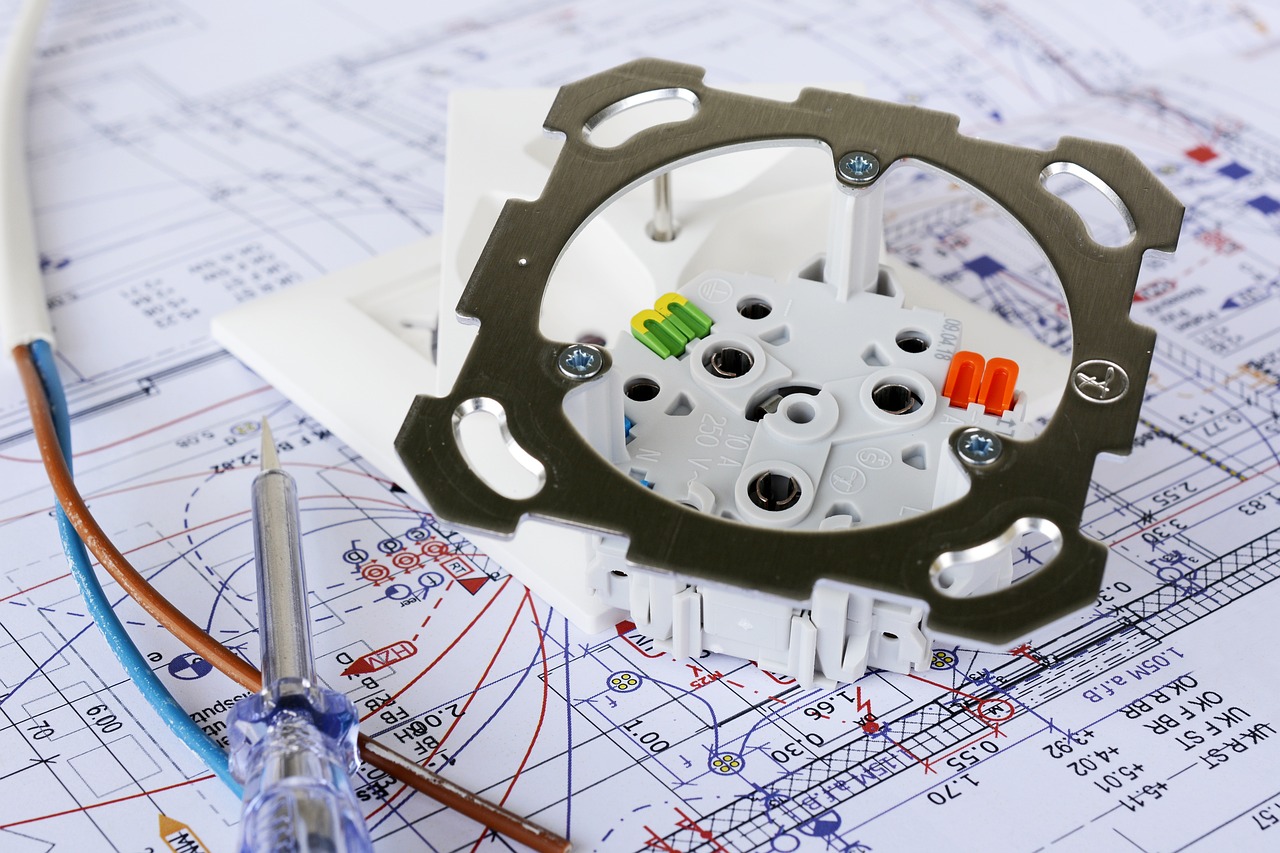
- Average Salary: AUD 90,000 per year
- Requirements: A bachelor’s degree in electrical engineering or a related field. Professional certification from Engineers Australia. Familiarity with software and tools like CAD, MATLAB, and Python. Knowledge of standards and regulations of the Wiring rules (e.g., AS/NZS 3000, AS 2067).
- Specialty: Telecommunications, Control Engineering, Microelectronics and Nanoelectronics, Signal Processing, Photonics and Optics.
- Fields of Employment: Technology, Science, Exploration, Military, Industry, Society.
Electrical engineering is an engineering discipline concerned with the study, design, and application of equipment, devices, and systems that use electricity, electronics, and electromagnetism. It is one of jobs that pay well and highest paying jobs in the world. It emerged as an identifiable occupation in the latter half of the 19th century after the commercialization of the electric telegraph, the telephone, and electrical power generation, distribution, and use. Electrical engineers typically hold a degree in electrical engineering, electronic or electrical and electronic engineering. Practicing engineers may have professional certification and be members of a professional body or an international standards organization. These include the International Electrotechnical Commission (IEC), the National Society of Professional Engineers (NSPE), the Institute of Electrical and Electronics Engineers (IEEE) and the Institution of Engineering and Technology (IET, formerly the IEE). Electrical engineers work in a very wide range of industries and the skills required are likewise variable. These range from circuit theory to the management skills of a project manager. The tools and equipment that an individual engineer may need are similarly variable, ranging from a simple voltmeter to sophisticated design and manufacturing software.
Top 3. Civil Engineer

- Average Salary: AUD 86,000 per year
- Requirements: A bachelor’s degree in civil engineering or a related field. Register professionally with Engineers Australia. Complete at least two years of supervised work experience. Meet the National Engineering Register Stage 1 Competency Standards.
- Specialty: Construction Engineering, Geotechnical Engineering, Structural Engineering, Land Development, Transportation Engineering, Hydraulic Engineering, Sanitary Engineering.
- Fields of Employment: Design and management of structures, Transportation systems, Infrastructure.
A civil engineer is a person who practices civil engineering – the application of planning, designing, constructing, maintaining, and operating infrastructure while protecting the public and environmental health, as well as improving existing infrastructure that may have been neglected. It is one of most paying jobs and highest paying engineering jobs. Civil engineering is one of the oldest engineering disciplines because it deals with constructed environment including planning, designing, and overseeing construction and maintenance of building structures, and facilities, such as roads, railroads, airports, bridges, harbors, channels, dams, irrigation projects, pipelines, power plants, and water and sewage systems.
Top 4. Biomedical Engineer

- Average Salary: AUD 85,000 per year.
- Requirements: A bachelor’s degree in biomedical engineering or a related field. Relevant work experience through internships or entry-level positions. Professional certification, such as membership with Engineers Australia, can be beneficial. Familiarity with software and tools like CAD and MATLAB.
- Specialty: Bioinformatics, Biomechanics, Biomaterials, Biomedical Optics, Tissue Engineering.
- Fields of Employment: Genetic Engineering, Hospital and Medical Devices, Clinical Engineering.
Biomedical Engineering or medical engineering is the application of engineering principles and design concepts to medicine and biology for healthcare applications. It is one of highest paying careers and easy high paying jobs. BME is also traditionally logical sciences to advance health care treatment, including diagnosis, monitoring, and therapy. Biomedical engineering has recently emerged as its own field of study, as compared to many other engineering fields. Such an evolution is common as a new field transitions from being an interdisciplinary specialization among already-established fields to being considered a field in itself. Much of the work in biomedical engineering consists of research and development, spanning a broad array of subfields. Prominent biomedical engineering applications include the development of biocompatible prostheses, various diagnostic and therapeutic medical devices ranging from clinical equipment to micro-implants, imaging technologies such as MRI and EKG/ECG, regenerative tissue growth, and the development of pharmaceutical drugs including biopharmaceuticals.
Top 5. Aerospace Engineer
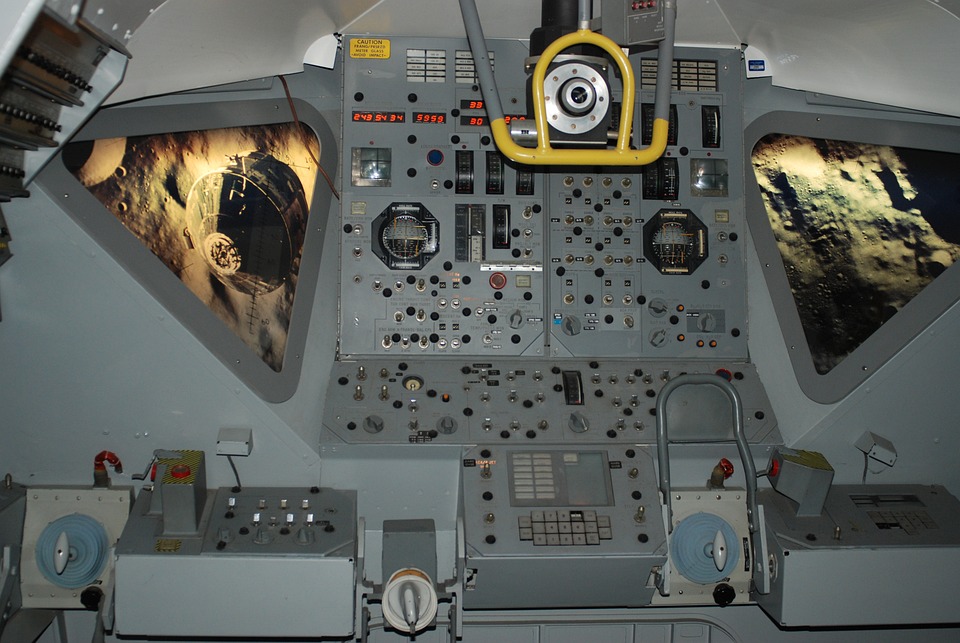
- Average Salary: AUD 100,000 to AUD 170,000 per year
- Requirements: A Bachelor’s degree in Aerospace Engineering, Aeronautical Engineering, Mechanical Engineering, or a related field. Have a strong foundation in advanced mathematics and physics. Be skilled in computer-aided design (CAD) and engineering simulation software.
- Specialty: Aeronautics, Astronautics, Science.
- Fields of Employment: Technology, Science, Space Exploration, Military.
Aerospace engineering is the primary field of engineering concerned with the development of aircraft and spacecraft. It is one of most paid occupations and good jobs that pay well. It has two major and overlapping branches: aeronautical engineering and astronautical engineering. Avionics engineering is similar, but deals with the electronics side of aerospace engineering. “Aeronautical engineering” was the original term for the field. As flight technology advanced to include vehicles operating in outer space, the broader term “aerospace engineering” has come into use. Aerospace engineering, particularly the astronautics branch, is often colloquially referred to as “rocket science”.
Top 6. Petroleum Engineer

- Average Salary: AUD 130,000 to AUD 250,000 per year
- Requirements: In-depth knowledge of geology and geophysics. Strong technical skills. Professional certification, such as a license from Engineers Australia.
- Specialty: Petroleum Geostatistics, Petroleum Geology, Well Drilling Technology.
- Fields of Employment: Geophysics, Petroleum Geology, Formation Evaluation, Drilling, Economics, Reservoir Simulation, Reservoir Engineering, Well Engineering, Artificial Lift Systems, Completions, Petroleum Production Engineering.
Petroleum engineering is a field of engineering concerned with the activities related to the production of hydrocarbons, which can be either crude oil or natural gas. It is one of best careers 2025 and top paying engineering jobs. Exploration and production are deemed to fall within the upstream sector of the oil and gas industry. Exploration, by earth scientists, and petroleum engineering are the oil and gas industry’s two main subsurface disciplines, which focus on maximizing economic recovery of hydrocarbons from subsurface reservoirs. Petroleum geology and geophysics focus on provision of a static description of the hydrocarbon reservoir rock, while petroleum engineering focuses on estimation of the recoverable volume of this resource using a detailed understanding of the physical behavior of oil, water and gas within porous rock at very high pressure. The combined efforts of geologists and petroleum engineers throughout the life of a hydrocarbon accumulation determine the way in which a reservoir is developed and depleted, and usually they have the highest impact on field economics.
Top 7. Marine Engineer
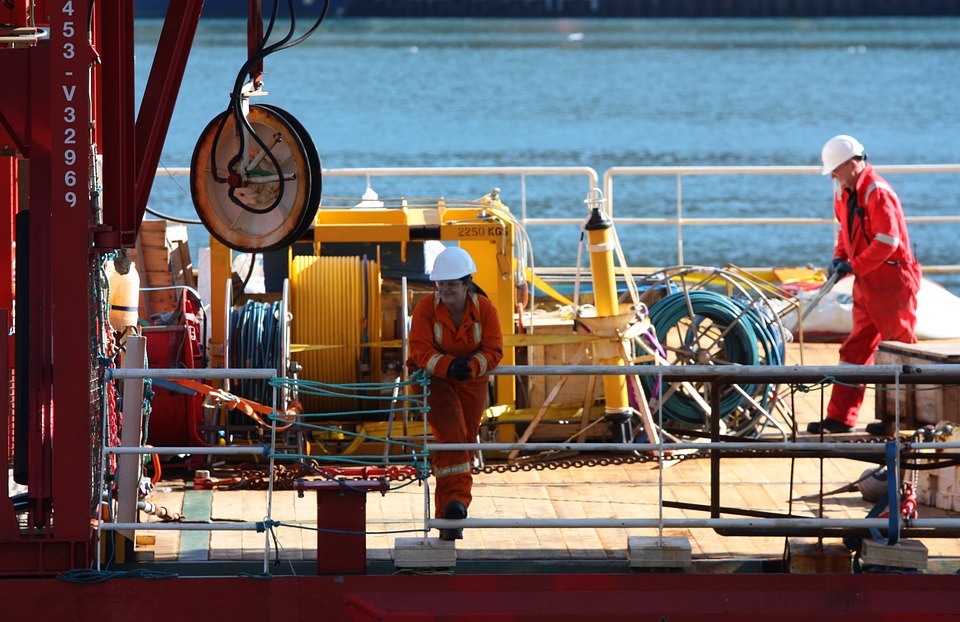
- Average Salary: AUD 89,000 to AUD 125,000 per year
- Requirements: In-depth knowledge of marine engineering and ocean. Strong technical skills. Professional certification, such as a license from Engineers Australia.
- Specialty: Naval Architecture, Ocean Engineering, Oceanography, Mechanical Engineering, Civil Engineering, Electronics and Robotics.
- Fields of Employment: Arctic Engineering, Coastal Design and Restoration, Deep Sea Systems, Environmental Engineering, Port and Harbor Design, Salvage and Recovery.
Marine engineering is the engineering of boats, ships, submarines, and any other marine vessel. Here it is also taken to include the engineering of other ocean systems and structures – referred to in certain academic and professional circles as “ocean engineering”. After completing this degree one can join a ship as an officer in engine department and eventually rise to the rank of a chief engineer. This rank is one of the top ranks onboard and is equal to the rank of a ship’s captain. Marine engineering is the highly preferred course to join merchant Navy as an officer as it provides ample opportunities in terms of both onboard and onshore jobs.
Marine engineering applies a number of engineering sciences, including mechanical engineering, electrical engineering, electronic engineering, and computer Engineering, to the development, design, operation and maintenance of watercraft propulsion and ocean systems. It includes but is not limited to Power and propulsion plants, machinery, piping, automation and control systems for marine vehicles of any kind, as well as coastal and offshore structures.
Top 8. Chemical Engineer

- Average Salary: AUD 85,000 – AUD 140,000 per year
- Requirements: A bachelor’s degree in chemical engineering or a related field, such as chemistry or physics. Gain relevant work experience in chemical engineering or a related area. Obtain professional registration with the Institution of Chemical Engineers or Engineers Australia.
- Specialty: Chemical Process Design, Transport Phenomena, Thermodynamics, Reaction Engineering, Process Control and Instrumentation, Materials Science.
- Fields of Employment: Fuel Cells, Hydrogen Power, Nanotechnology, Materials Science, Polymer Engineering, Biomedical Engineering.
A chemical engineer is a professional equipped with the knowledge of chemistry and other basic sciences who works principally in the chemical industry to convert basic raw materials into a variety of products and deals with the design and operation of plants and equipment. It is one of top paying engineering jobs and enjoyable jobs with good pay. This person applies the principles of chemical engineering in any of its various practical applications, such as Design, manufacture, and operation of plants and machinery in industrial chemical and related processes. Development of new or adapted substances for products ranging from foods and beverages to cosmetics to cleaners to pharmaceutical ingredients, among many other products. Development of new technologies such as fuel cells, hydrogen power and nanotechnology, as well as working in fields wholly or partially derived from chemical engineering such as materials science, polymer engineering, and biomedical engineering. This can include working of geophysical projects such as rivers, stones, and signs.
Top 9. Environmental Engineer

- Average Salary: AUD 130,000 per year
- Requirements: A Bachelor’s degree in Engineering with a focus on environmental engineering, renewable energy, or mechanical engineering is essential. Gain relevant work experience in environmental engineer or a related area. Obtain professional registration with the Institution of Environmental Engineer or Engineers Australia.
- Specialty: Mass and Energy Transfer, Environmental Chemistry, Growth Models, Risk assessment, Water Pollution, Air Pollution, Global Change, Solid Waste Management and Resource Recovery.
- Fields of Employment: Water Supply and Treatment, Wastewater Treatment, Air Pollution Management, Environmental Impact Assessment and Mitigation.
Environmental engineering is a professional engineering discipline related to environmental science. It encompasses broad scientific topics like chemistry, biology, ecology, geology, hydraulics, hydrology, microbiology, and mathematics to create solutions that will protect and also improve the health of living organisms and improve the quality of the environment. It is one of jobs ranked on satisfaction bls and easiest high paying careers. Environmental engineering is a sub-discipline of civil engineering and chemical engineering. While on the part of civil engineering, the Environmental Engineering is focused mainly on Sanitary Engineering. Environmental engineers study the effect of technological advances on the environment, addressing local and worldwide environmental issues such as acid rain, global warming, ozone depletion, water pollution and air pollution from automobile exhausts and industrial sources.
Top 10. Industrial Engineer
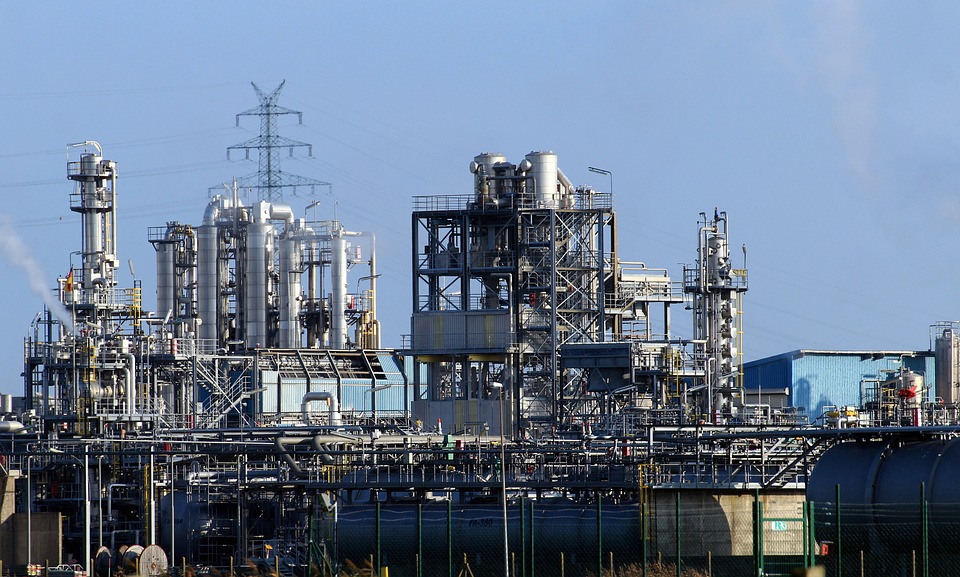
- Average Salary: AUD 86,000 per year
- Requirements: A Bachelor’s degree in Engineering with a focus on Industrial Engineering. Gain relevant work experience in industrial engineering or a related area. Obtain professional registration with the Institution of Industrial Engineering or Engineers Australia.
- Specialty: Engineering Mathematics, Mechanics, Thermodynamics, Materials Science, Manufacturing Processes, Quality Control, Project Management.
Fields of Employment: Methods Engineering, Facilities Engineering & Energy Management, Financial Engineering, Energy Engineering, Human Factors & Safety Engineering, Information Systems Engineering & Management, Manufacturing Engineering, Operations Engineering & Management.
Industrial engineering is an engineering profession that is concerned with the optimization of complex processes, systems, or organizations by developing, improving and implementing integrated systems of people, money, knowledge, information and equipment. It is one of highest paying jobs and good paying jobs. Industrial engineering is central to manufacturing operations. Industrial engineers use specialized knowledge and skills in the mathematical, physical, and social sciences, together with engineering analysis and design principles and methods, to specify, predict, and evaluate the results obtained from systems and processes. Several industrial engineering principles are followed in the manufacturing industry to ensure the effective flow of systems, processes, and operations.
Introduction to Engineers Australia
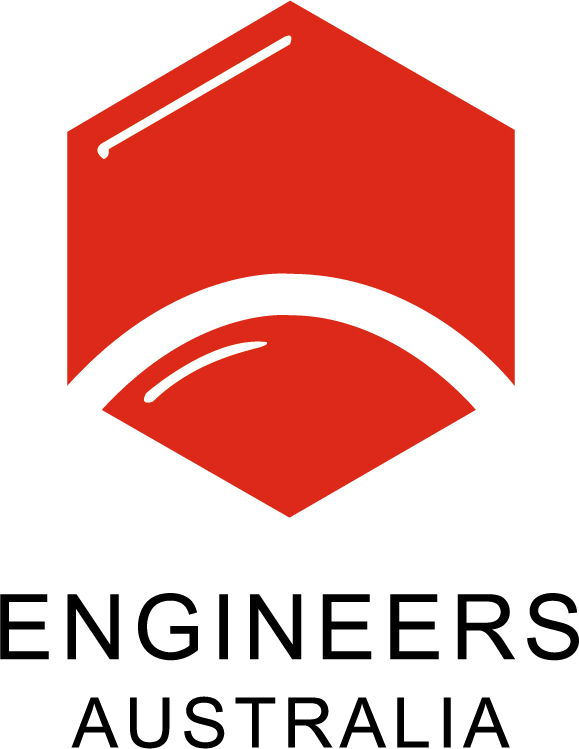
Engineers Australia (EA), known formally as the Institution of Engineers, Australia, is an Australian professional body and not-for-profit organization whose purpose is to advance the science and practice of engineering for the benefit of the community. Engineers Australia is Australia’s recognized organization for accreditation of professional engineering qualifications under the Washington Accord. As of 2025, EA has 115,000 members, which includes 31,000 students. Since its formation in 1919, EA have been conferring awards. This role was enshrined in a Royal Charter, granted in 1938. In 1950, the Board created Engineers Australia’s General Prize Fund. Today it is called the Engineers Australia Excellence Awards.
The National Congress is a representative body of some 35 members, which elects and monitors the Board of Engineers Australia. The responsibilities and structure of National Congress are determined by the Royal Charter and By-laws. The Board is Engineers Australia’s governing body. It has six members and its role is comparable to that of a company board. It appoints and liaises with the Chief Executive Officer, sets regulations and policies, sets strategic directions, and monitors the organization’s financial sustainability and performance. Each of Engineers Australia’s nine divisions is led by a division committee of the division members. A division committee is responsible to and under the direction of the Board. A division group delivers specific services to the members of the Division, within a specific field of practice, area of interest or geographic area. Each of Engineers Australia’s nine colleges is led by a College Board of the college members. College Boards are under the direction of the Board.
Australian Cities with the Highest Paying Engineering Jobs
- Sydney, New South Wales – Civil, Software, and Telecommunications Engineering.
- Melbourne, Victoria – Mechanical, Electrical, and Software Engineers.
- Brisbane, Queensland – Aerospace, Mechanical, and Mining Engineers.
- Perth, Western Australia- Chemical, Petroleum, and Renewable Energy Engineering.
- Adelaide, South Australia – Electrical, Aerospace, and Software Engineers.
Job Outlook for Highest Paying Engineering Jobs
- Regional Opportunities: While many highest paying engineering jobs can be found in major cities, regional areas are increasingly offering competitive compensation, particularly for positions in resource management and infrastructure.
- Consistent Growth: All engineering specialties have witnessed wage improvements, with the biggest gains occurring in the highest-paying positions. The salary range for civil engineers, for example, increased from AUD 75,000 to AUD 120,000 in 2019 to AUD 88,000 to 153,000 in 2025.
- Emerging Fields: Because of the increased emphasis on sustainability, environmental engineering is quickly emerging as one of the engineering specialties with the highest prospective salaries. From AUD 80,000 to AUD 115,000 in 2019, salaries have risen to AUD 90,000 to AUD 140,000 in 2025.
- Industry Demand: High-paying jobs in mechanical and electrical engineering are still available, especially in industries like manufacturing, mining, and energy. In Australia, these positions routinely rank among the top paying engineering positions.
- Specialization Premium: In Australia, the highest-paying engineering jobs frequently call for specific knowledge of cutting-edge technologies. Particularly well-paid engineers are those who combine technical know-how with proficiency in robots, artificial intelligence, or renewable energy technology.
Ways to Upskill for Australia’s Engineering Job Market
- Update Your Technical Skills
Advanced Certifications: Consider certifications relevant to your field, such as: Civil Engineers: Autodesk Civil 3D, Primavera P6 (project management). Electrical Engineers: ETAP, AutoCAD Electrical. Software Engineers: Certifications in Python, Java, AWS, Azure, or DevOps.
- Focus on Australian Standards and Regulations
Learn about Australian Standards (AS) applicable to your engineering discipline. Understand Work Health and Safety (WHS) requirements.
- Strengthen Your Project Management Skills
Enroll in project management certifications such as PMP, PRINCE2, or Agile. Learn tools like Microsoft Project, Primavera, or Asana to enhance efficiency.
- Digital and Analytical Skills
Learn to use engineering-specific software like MATLAB, SolidWorks, or ANSYS. Explore data analysis tools such as Excel (advanced functions), Power BI, or SQL.
- Pursue Higher Education
Consider postgraduate programs or diplomas in areas like sustainable engineering, renewable energy, or digital transformation.
Conclusion
Highest paying engineering jobs are selected and analyzed detailedly in this blog serving as a comprehensive guide, helping you have a better command of Australia. If you want choose Australia as your dream destination, you ought to read this blog carefully.
After you have decided to find a job to Australia or go to Australia for further education, accommodation is the first and foremost thing. uhomes.com is a platform providing affordable, reliable and comfortable student accommodation in Australia.
FAQ
Robotics engineering.
Biomedical engineering.
Renewable energy sector in progress.
Petroleum engineering.
Mining engineering.
Cybersecurity specialist.
Electrical and electronics engineers.
The areas with a higher demand for engineering are Queensland and Western Australia. Perth, in particular, is in full economical and structural expansion. Regional areas, in fact, offer more work in these fields than modern cities such as Sydney, Melbourne and Brisbane.
Which are the top 5 hardest engineering courses? A. The top 5 most difficult engineering courses in the world are nuclear engineering, chemical engineering, aerospace engineering, biomedical engineering and civil engineering.
Civil engineer.
Chemical engineer.
Environmental engineer.
Biomedical engineer.
Safety engineer.
Hardware engineers.
Aeronautical engineer.
Engineering managers.
Earn an engineering master’s degree.
Combine an engineering degree with a master’s in management.
Get a Professional Engineer’s license.
Volunteer for special projects at work.
Specialize in a high-growth industry.
Locate in a high-paying state.
Negotiate a raise.
The top 5 most difficult engineering courses in the world are nuclear engineering, chemical engineering, aerospace engineering, biomedical engineering and civil engineering.






